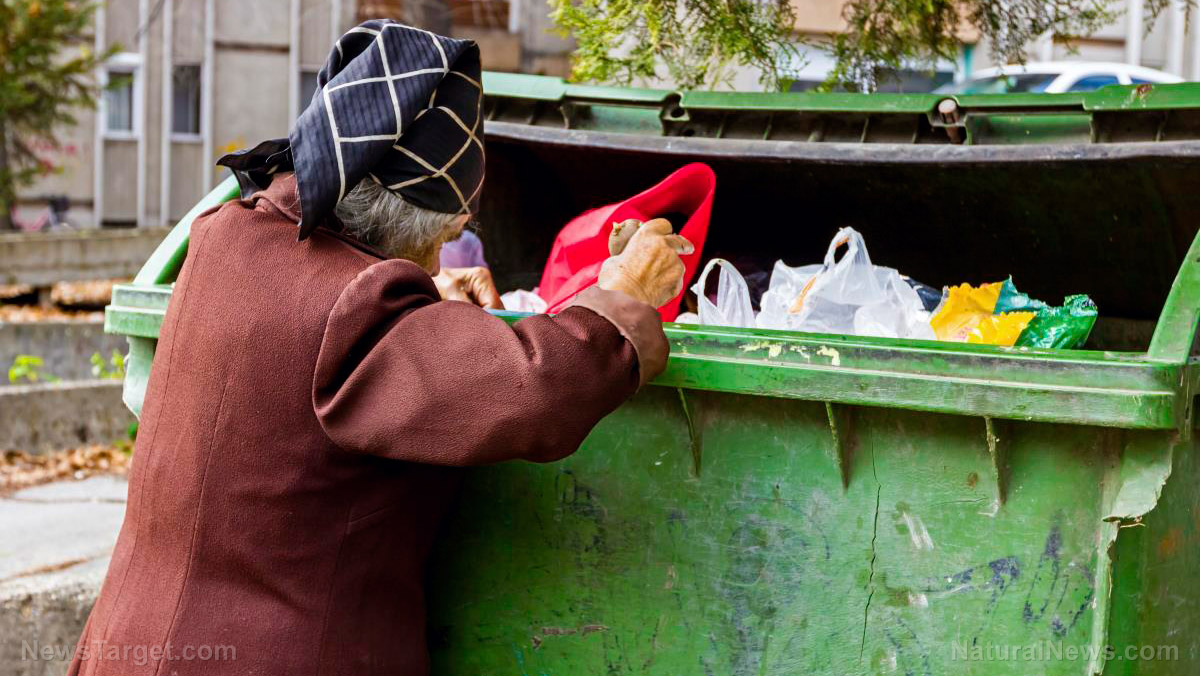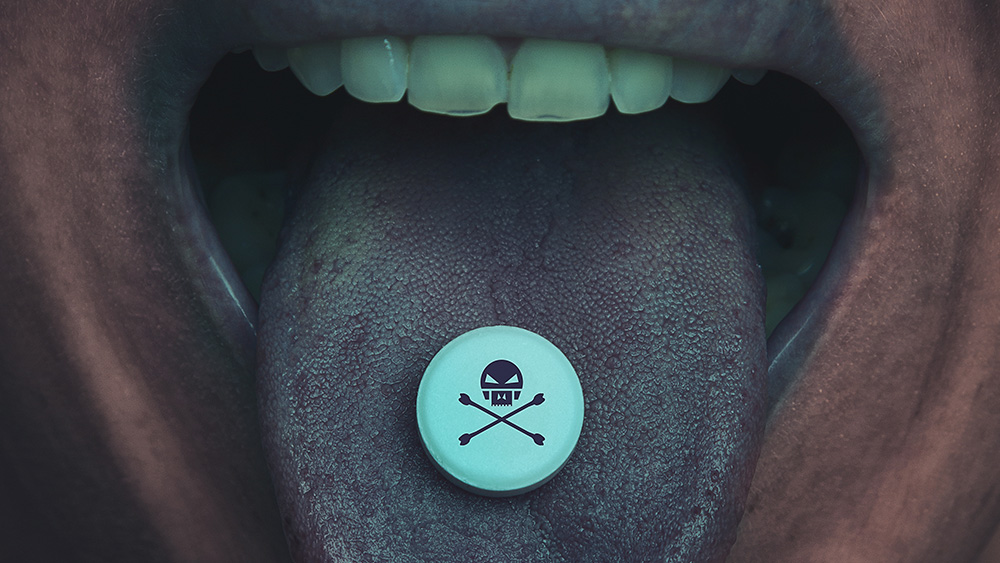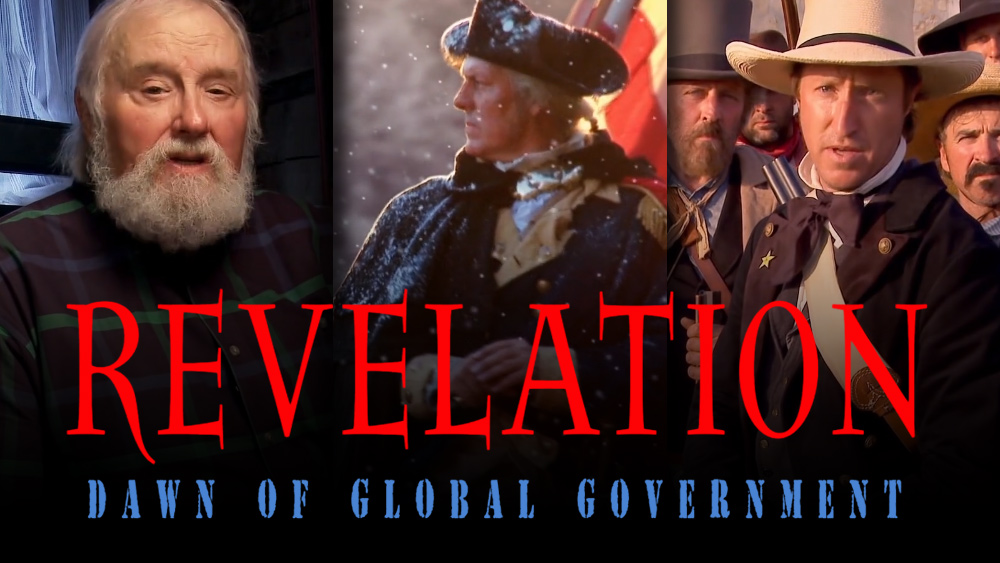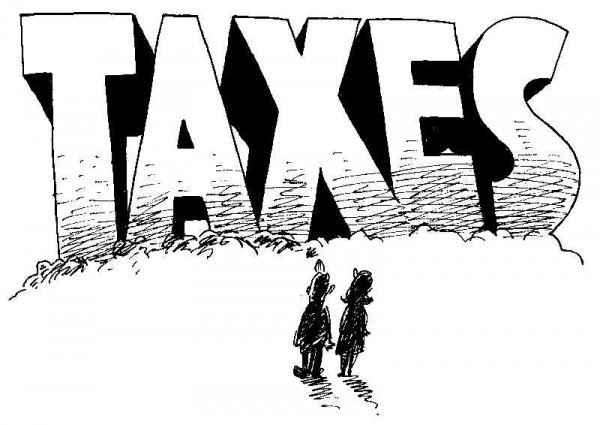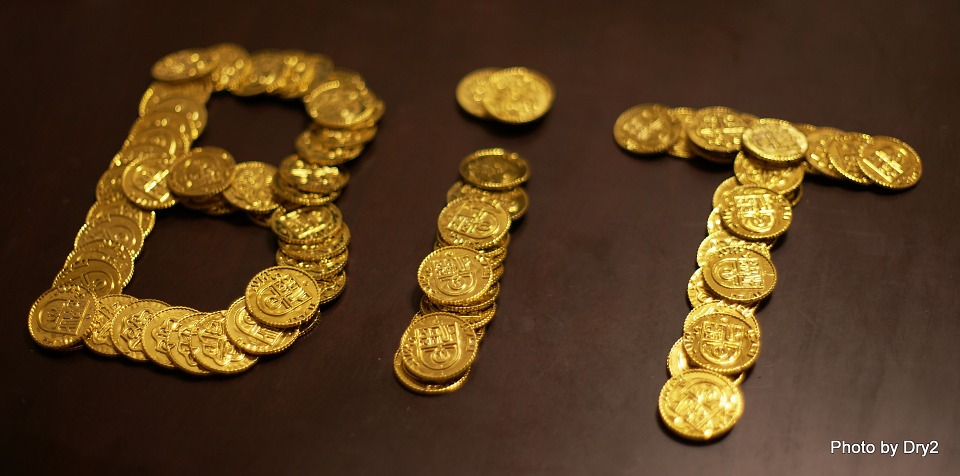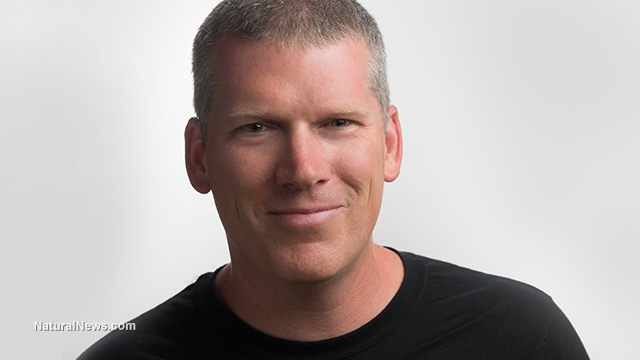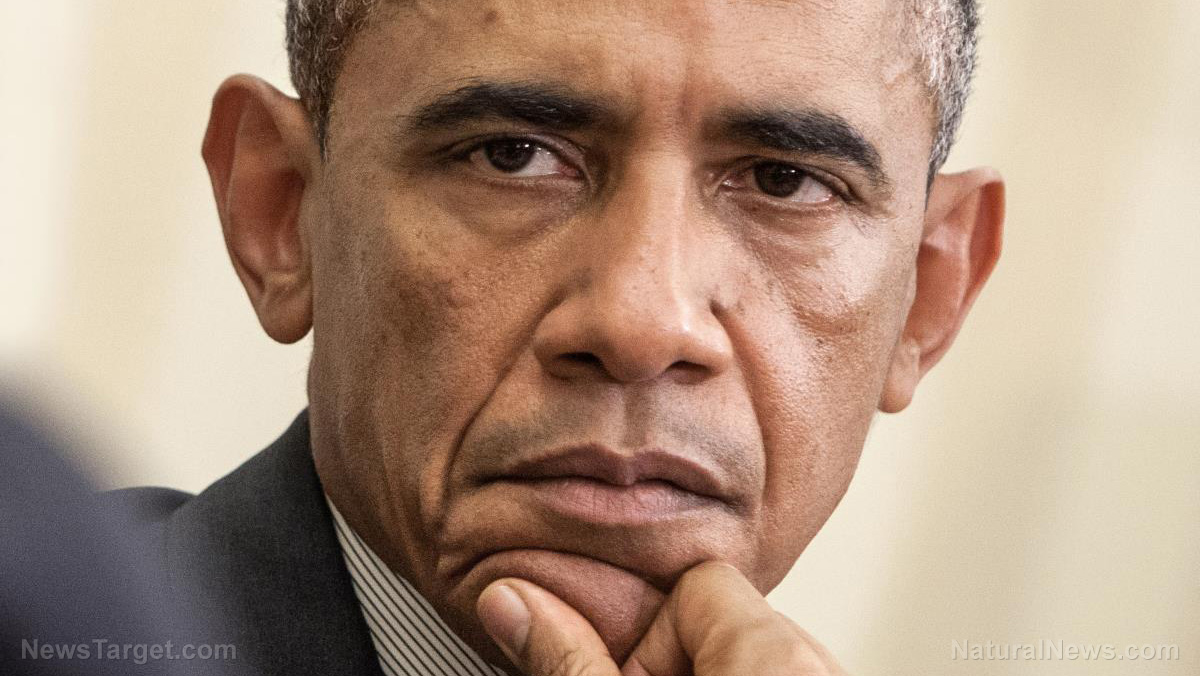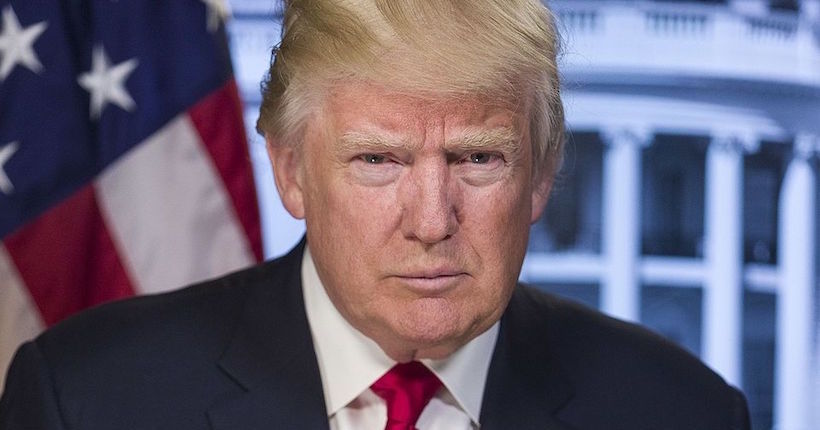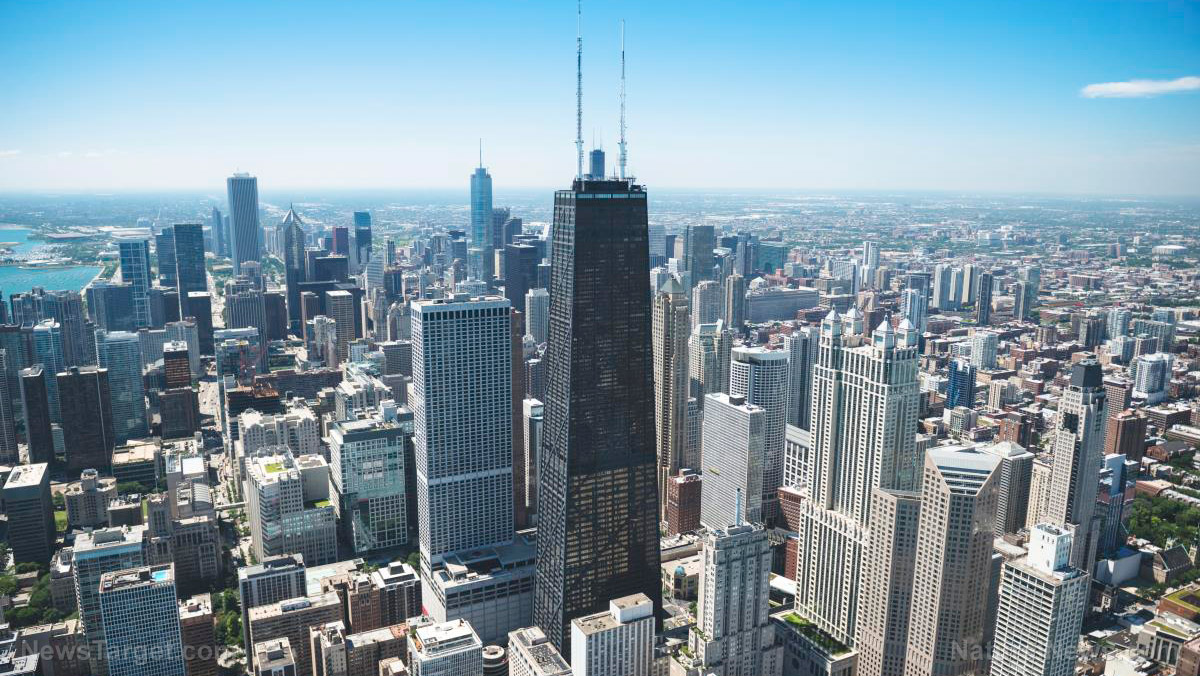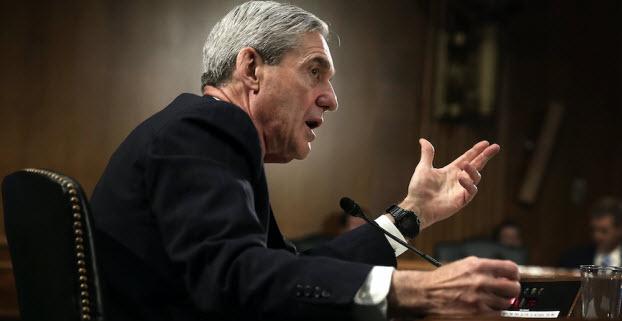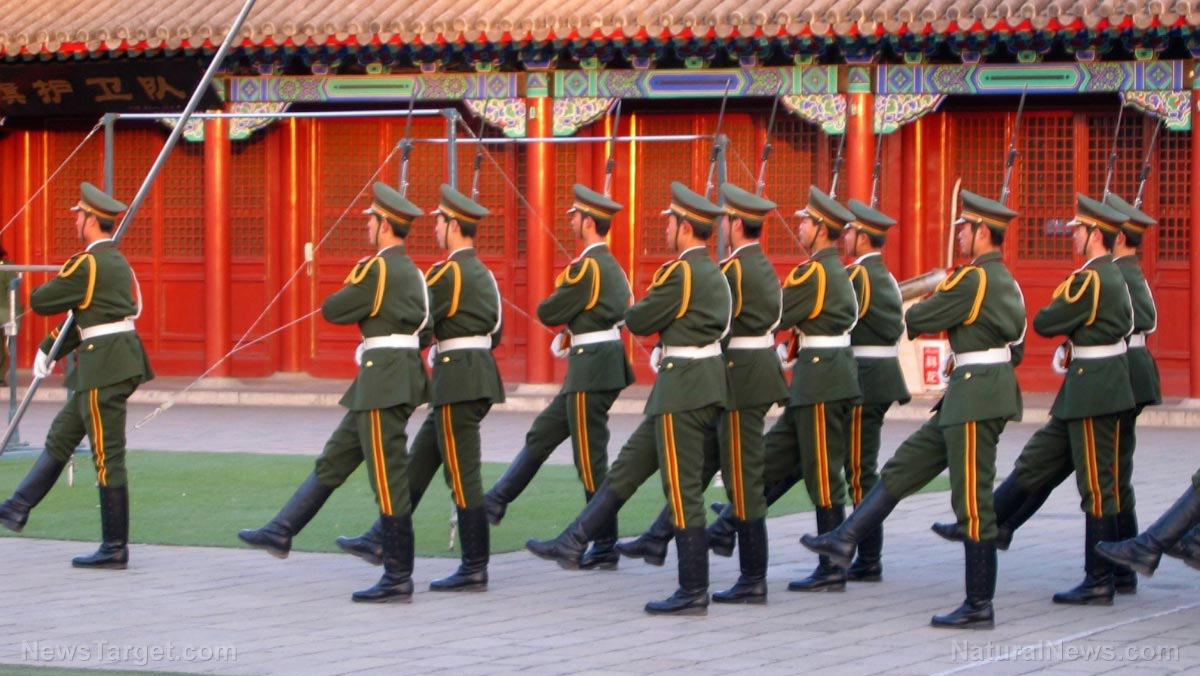Survey: Majority of the world lives under political corruption
02/14/2017 / By Randall Wilkens

With last year’s revelation during the United States presidential election regarding the Democratic National Committee’s behind-the-scenes sabotage of the Bernie Sanders campaign, it seemed as though a lot of citizens’ eyes were opened to the kind of corruption that could tear a political party to splinters. If that kind of underhanded infighting could exist within one political party, what could possibly become of the entire country if even broader and greater power was given to that same political party? It also shouldn’t be overlooked that this happened in America, where the power is distributed by means of a voting process. Other countries worldwide are not nearly as fortunate.
For as long as mankind has sacrificed its will to think freely to a small representative governing body (no matter the ideology of said body) that same governing body will eventually succumb to some or other form and depth of corruption. The more trust that is blindly placed in the ruling elite, the more likely those elitists are to utilize their vast resources to create a lifestyle which they are allowed to engage in freely, though the general public would be punished were they to do the same. [RELATED: Read about more corruption at Corruption.news]
For more than two decades, Transparency International, which defines corruption as “the abuse of entrusted power for private gain,” has released a document entitled The Corruption Perceptions Index. The study, which scores the honesty of the public sector in the world’s countries on a scale from zero to 100, with 0 being the most corrupt and 100 being the “cleanest,” continues to show a downward, worsening trend.
Of the 176 countries surveyed, only Denmark and New Zealand scored 90 out of 100, while only 54 had a report greater than 50. Averaging together the values of all of the countries produces a result of 43. Unsurprisingly, albeit disturbingly, these values are worse than in previous years. Other countries with higher than average scores include Finland, Sweden, Switzerland and Norway. Countries with the lowest scores are Somalia, North Korea, Syria, Yemen and Sudan. In case you were wondering, the United States was number 18 out of 176 with a score of 74, which is still lower than Hong Kong, Australia, Germany and Canada.
Of the lower ranked countries, the problems systemically tend to stem from the judicial branch as well as law enforcement. Anti-corruption laws are often completely overlooked, and citizens are victimized or rely on government assistance that has been drastically eroded as a result of misappropriated funding. Countries such as Ukraine and Brazil are prime examples of how businessmen and those with political power work together to undermine the national economy, lining their pockets with billions of dollars, while forcing the average citizen to live in squalor.
The countries with higher rankings tend to allow journalists more liberties, expect their politicians to adhere to higher levels of transparency and integrity, and have an independent judicial system. As a greater percentage of the population’s eyes begin collectively opening up to the enormity of the crimes being perpetrated by those at the pinnacle of the power pyramid, hopefully the shift in focus will adjust from outrage to response. The major question when that happens is whether the response will be in time, or too little, too late. [RELATED: Read about more corruption at Collapse.news]
Sources:
Tagged Under: corruption, government


